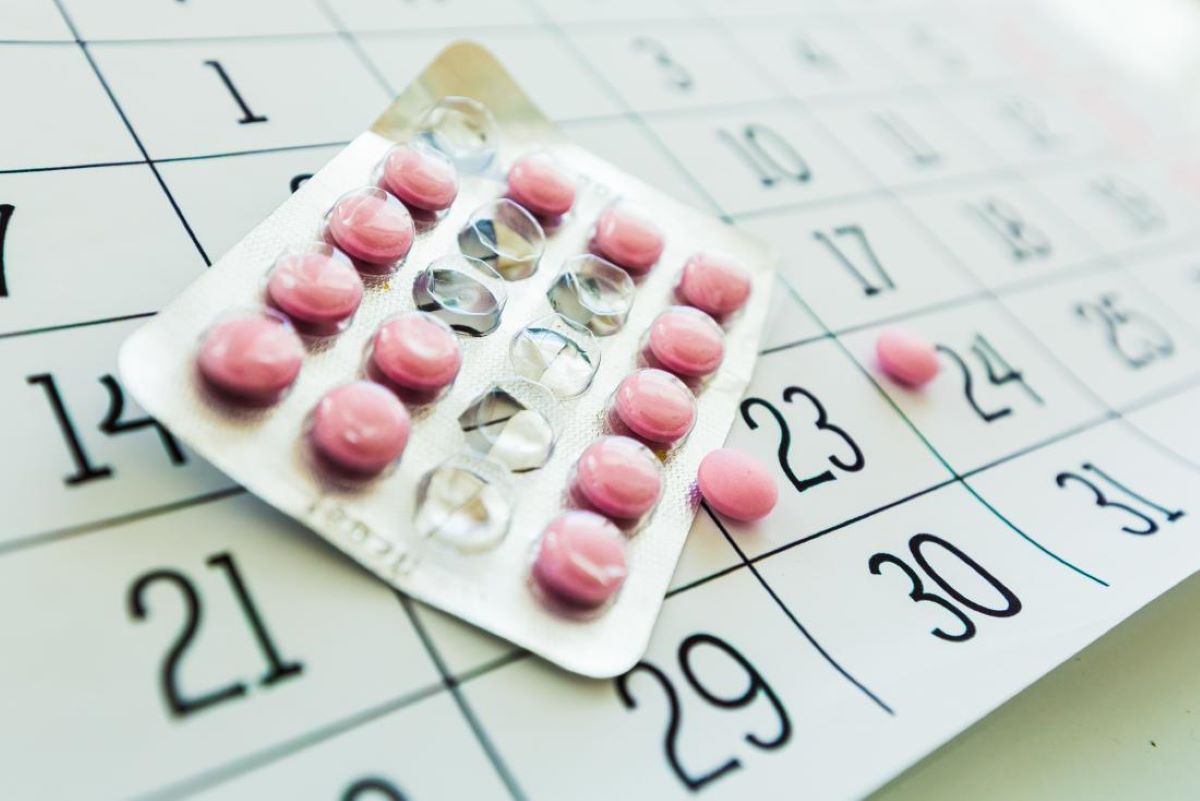

Articles
How To Store Pills
Modified: January 9, 2024
Discover the best ways to store pills and keep them safe and effective with our informative articles. Don't risk losing potency, follow our expert advice now!
(Many of the links in this article redirect to a specific reviewed product. Your purchase of these products through affiliate links helps to generate commission for Storables.com, at no extra cost. Learn more)
Introduction
When it comes to storing pills, proper storage is essential to maintain their potency and effectiveness. It’s not just about throwing them in a drawer or cabinet; there are specific guidelines to follow to ensure their longevity. Whether you’re storing over-the-counter medications, prescription drugs, or even vitamins and supplements, taking care of how you store them can make a significant difference in maintaining their quality.
In this article, we will explore the basics of pill storage and provide you with valuable tips to optimize the longevity and effectiveness of your medication. From temperature considerations to humidity control, light exposure, air and moisture protection, proper labeling, childproofing measures, and even traveling with pills, we’ve got you covered with all the information you need.
By the end of this article, you’ll be equipped with the knowledge to store your pills correctly and ensure that they remain potent and safe for consumption.
Key Takeaways:
- Proper pill storage is crucial for maintaining potency and effectiveness. Follow temperature, humidity, light, and childproofing guidelines to ensure your medications remain safe and effective for as long as possible.
- When traveling with pills, pack extra medication, carry prescriptions, and store pills properly. Take precautions to maintain the quality of your medications and ensure you have an ample supply throughout your journey.
Read more: How To Store Birth Control Pills
Pill Storage Basics
When it comes to pill storage, there are a few fundamental principles to keep in mind. These simple yet impactful guidelines can significantly impact the longevity and effectiveness of your medications:
- Store in a cool and dry place: It’s important to keep your pills away from excess heat and moisture. Exposure to high temperatures can cause chemical breakdown and reduce the effectiveness of the medication. Similarly, moisture can lead to degradation and spoilage. Aim to store your pills in a cool and dry place, such as a cabinet or drawer.
- Avoid extreme temperatures: Extreme temperatures can have a detrimental effect on the potency of pills. Avoid storing medications in areas that are too hot or too cold. Avoid leaving them in direct sunlight, near heat sources such as stoves or radiators, or in freezing temperatures like the refrigerator or freezer unless specifically instructed by the medication’s label.
- Keep away from bathrooms: Bathrooms, due to their high humidity and temperature fluctuations, are not ideal locations for pill storage. The steam from showers and baths can introduce moisture into the air, potentially compromising the medication’s quality.
- Keep out of reach of children and pets: Safety is paramount when it comes to pill storage. Ensure that your medications are stored in a place that is inaccessible to children and pets. Consider using locked cabinets or installing childproof locks to prevent accidental ingestion.
Following these basic principles will go a long way in preserving the quality and efficacy of your pills. However, there are further considerations to optimize pill storage, such as temperature control, humidity regulation, light exposure, air and moisture protection, proper labeling, and childproofing measures. Let’s delve into each aspect to ensure you’re storing your pills optimally.
Temperature Considerations
Temperature plays a crucial role in maintaining the potency and stability of medications. Exposure to extreme temperatures can lead to chemical breakdown and render the pills ineffective. Here are some temperature-related considerations to keep in mind:
- Avoid high temperatures: High temperatures, such as those above 86°F (30°C), can accelerate the degradation of medications. It’s best to store your pills in a cool area of your home, away from direct sunlight and heat sources like stoves or radiators.
- Be cautious with refrigeration: Some medications require refrigeration to maintain their stability. However, not all pills are suitable for refrigerator storage. Always refer to the medication’s label or consult a pharmacist to determine if refrigeration is necessary. If refrigeration is recommended, ensure that the medication is stored separately from food and beverages to avoid cross-contamination.
- Avoid freezing: Freezing temperatures can alter the composition of many medications and lead to their ineffectiveness. Keep your pills away from freezing conditions, such as in the freezer compartment of a refrigerator or in areas exposed to extreme cold.
- Consider a pill organizer with temperature control: If you take multiple medications and have concerns about temperature fluctuations throughout the day, consider investing in a pill organizer with temperature control. These organizers often have built-in insulation or cooling features to help maintain the ideal temperature for your pills.
By being mindful of temperature considerations and taking appropriate measures to protect your pills from extreme temperatures, you can ensure their potency and effectiveness over time.
Humidity Control
Humidity can have a significant impact on the stability and efficacy of medications. Excess moisture in the air can lead to the degradation of pills and render them less potent. Here are some tips for humidity control when storing pills:
- Avoid high humidity areas: Keep your pills away from areas with high humidity, such as bathrooms or kitchens. The moisture in these environments can seep into the pill containers and potentially compromise the medication’s quality.
- Consider using a dehumidifier: If you live in a humid climate or your home tends to have high humidity levels, using a dehumidifier in the room where you store your pills can help reduce moisture in the air. This can contribute to maintaining the stability and effectiveness of your medications.
- Invest in moisture-absorbing packets: Silica gel packets or other moisture-absorbing agents can be placed in the pill containers to help mitigate moisture. These packets are commonly found in packaging for various products and can be reused to maintain dry conditions for your pills.
- Use airtight containers: Opt for airtight containers or pill bottles with proper seals to prevent moisture from entering and affecting your medication. Ensure that the containers are closed tightly after each use to maintain a dry environment.
By controlling humidity levels and guarding against excess moisture, you can preserve the stability and integrity of your pills, ensuring they remain effective until their expiration dates.
Light Exposure
Exposure to light, especially sunlight and fluorescent lighting, can have a detrimental effect on the stability and potency of medications. Here are some tips to protect your pills from light exposure:
- Store pills in opaque containers: Using opaque pill containers or amber-colored pill bottles can help shield your medications from light. These containers prevent direct light exposure and minimize the risk of degradation.
- Avoid clear or translucent containers: Transparent pill bottles or containers allow light to penetrate and potentially degrade the medication. If your pills are originally stored in transparent packaging, consider transferring them to opaque containers for long-term storage.
- Keep pills away from windows: Windows can be a source of direct sunlight, which can pose a risk to the stability of medications. Store your pills in a location away from direct sunlight, such as in a drawer, cabinet, or in a pill organizer placed in a shaded area.
- Consider using a light protective bag: For medications that require additional protection from light, such as certain types of prescription drugs, using a light protective bag or foil pouch can be beneficial. These specially designed bags help to block out harmful light rays and maintain the integrity of the medication.
By minimizing light exposure and taking precautionary measures, you can help preserve the effectiveness and quality of your pills. Remember to always check the medication’s packaging or consult healthcare professionals for specific recommendations on light exposure and storage.
Store pills in a cool, dry place away from direct sunlight and moisture. Keep them in their original containers with the labels intact to ensure proper identification.
Read more: How To Store Pill Bottles
Air and Moisture Protection
Air and moisture can have a detrimental effect on the stability and potency of medications. Here are some tips to protect your pills from air and moisture exposure:
- Use airtight containers: Opt for pill containers or bottles with proper seals to prevent air and moisture from entering. Airtight containers help create a barrier, preserving the quality of medications by keeping them in a controlled environment.
- Avoid pill containers with built-in desiccants: Some pill containers come with built-in desiccant compartments or moisture-absorbing materials. While these may seem helpful, they can actually create an excessively dry environment for some medications. It’s best to consult with a pharmacist or follow the instructions provided with your specific medication.
- Keep lids tightly closed: After each use, make sure to close the lids of the pill containers tightly. This helps minimize air and moisture exposure during storage and prevents any potential damage to the medication.
- Consider using desiccant packets: When storing pills, you can place desiccant packets in the container to absorb any excess moisture. Desiccant packets are commonly available and can help reduce the risk of moisture-related degradation.
- Avoid transferring pills to different containers: Unless specifically advised by a pharmacist or healthcare professional, avoid transferring pills to different containers. The original packaging is often designed to provide optimal protection against air and moisture exposure.
By taking these preventative measures, you can effectively protect your pills from air and moisture damage, ensuring their potency and efficacy.
Proper Labeling and Organization
Proper labeling and organization of your pills are essential for several reasons. It helps you easily identify and access the medications you need, ensures you know the expiration dates, and prevents confusion or accidental consumption. Here are some tips for proper labeling and organization:
- Label each container: It’s important to label each pill container or bottle with the name of the medication, dosage instructions, and any other relevant information. Clearly writing the name of the medication and the prescribed dosage helps prevent mix-ups, especially if you have multiple pills with similar appearances.
- Include the expiration date: Note the expiration date on the label to ensure you are aware of the medication’s shelf life. Discard any expired medications promptly and consult a pharmacist for proper disposal methods.
- Organize by medication type or usage: Consider organizing your pills by medication type or usage to make it easier to find what you need. You can use separate containers or sections within a pill organizer for specific medications, such as prescription drugs, over-the-counter medications, vitamins, or supplements.
- Keep instructions and information: Include any accompanying instructions, patient information leaflets, or medication guides provided by the pharmacy. Storing this information alongside your pills ensures you have easy access to important details about the medication, including potential side effects and proper usage guidelines.
- Regularly review and discard expired or unused medications: Take the time to regularly review your pill inventory and remove any expired or unused medications. This not only keeps your pill storage area organized but also helps ensure you are only taking medications that are safe and effective.
By implementing proper labeling and organization techniques, you can maintain a well-organized and easily accessible collection of pills, reducing the risk of confusion or taking expired medications.
Childproofing Measures
Childproofing your pill storage area is crucial to prevent accidental ingestion and keep medications out of the reach of curious children. Here are some childproofing measures to consider:
- Lockable cabinets or drawers: Store your pills in cabinets or drawers that can be locked to prevent easy access. Lockable containers or pill organizers specifically designed for childproofing can also be used.
- Keep medications out of sight and reach: Place your pill storage in a location that is high, out of sight, and out of reach of children. Avoid leaving medications on countertops or easily accessible areas.
- Consider child-resistant pill bottles: Many pharmacies provide medication bottles with child-resistant caps. If available, opt for these bottles to add an extra layer of protection against accidental ingestion.
- Educate children about medication safety: Teach your children about the potential dangers of taking medicines without adult supervision. Help them understand that only adults should handle medications and emphasize the importance of seeking adult assistance.
- Dispose of unused medications properly: Properly disposing of unused or expired medications is essential for preventing accidental ingestion. Consult with a pharmacist or follow local guidelines for safe medication disposal to ensure they don’t end up in the hands of children.
Childproofing measures are vital to ensuring the safety and well-being of children in your home. By implementing these precautions, you can mitigate the risk of accidental ingestion and promote a secure environment for everyone.
Traveling with Pills
When traveling, it’s important to carefully plan and pack your pills to ensure you have an adequate supply and maintain their quality during the journey. Here are some tips for traveling with pills:
- Bring extra medication: It’s always a good idea to bring more medication than you think you’ll need, in case of unforeseen travel delays or extended stays. Pack enough pills to cover your entire trip, including any potential delays.
- Carry medications in their original packaging: Keep your pills in their original packaging with the prescription labels intact. This helps avoid confusion and ensures you have the necessary information readily available if needed.
- Use a pill organizer: Consider using a pill organizer for your trip, especially if you need to take multiple medications. These organizers help keep your pills organized and prevent them from getting lost or mixed up during travel.
- Carry a copy of your prescriptions: It’s advisable to carry a copy of your prescriptions, especially for prescription medications. This can be helpful in case of emergencies or the need to replace lost or stolen medication while traveling.
- Pack medications in your carry-on bag: To minimize the risk of lost luggage and ensure easy access, always pack your medications in your carry-on bag. This way, you’ll have them with you in case of any unexpected delays or if your checked luggage is misplaced.
- Check travel restrictions and regulations: Different countries may have specific regulations regarding the importation of medications. Before traveling, research the restrictions and requirements of your destination to avoid any issues. If necessary, carry a doctor’s note or a medical certificate explaining your need for the medications.
- Store medication properly: While traveling, continue to store your medications in cool, dry, and dark conditions. Avoid exposure to extreme temperatures, direct sunlight, and moisture. If needed, use a travel-sized cooler or a small insulated bag to maintain the temperature stability of certain medications.
- Set medication reminders: When traveling and dealing with time zone changes, it’s easy to forget to take your medications at the correct times. Set reminders on your phone or use a travel alarm clock to ensure you adhere to your medication schedule.
Traveling with your pills requires some extra planning, but by following these tips, you can ensure that you have an ample supply of medication and maintain their quality throughout your journey.
Read more: How To Store Pills Long Term
Conclusion
When it comes to storing pills, proper storage techniques are essential to maintain their potency and effectiveness. By following the guidelines outlined in this article, you can ensure that your medications remain safe and effective for as long as possible:
Start with the basics, storing your pills in a cool and dry place, away from extreme temperatures, and out of reach of children and pets. Consider temperature control measures, such as using dehumidifiers or refrigeration when necessary.
Make sure to protect your pills from light exposure by using opaque or amber-colored containers and keeping them away from direct sunlight. Likewise, guarding against air and moisture exposure is crucial, so opt for airtight containers and desiccants when needed.
Proper labeling and organization are key to prevent confusion and ensure easy access to your medications. Childproofing measures should also be implemented to keep medications out of the reach of children and reduce the risk of accidental ingestion.
Lastly, when traveling, take extra precautions to pack and carry your pills securely, considering regulations and restrictions, and maintaining proper storage conditions throughout your journey.
By incorporating these practices into your pill storage routine, you can prolong the effectiveness and safety of your medications, giving you peace of mind and ensuring optimum health outcomes.
Frequently Asked Questions about How To Store Pills
Was this page helpful?
At Storables.com, we guarantee accurate and reliable information. Our content, validated by Expert Board Contributors, is crafted following stringent Editorial Policies. We're committed to providing you with well-researched, expert-backed insights for all your informational needs.
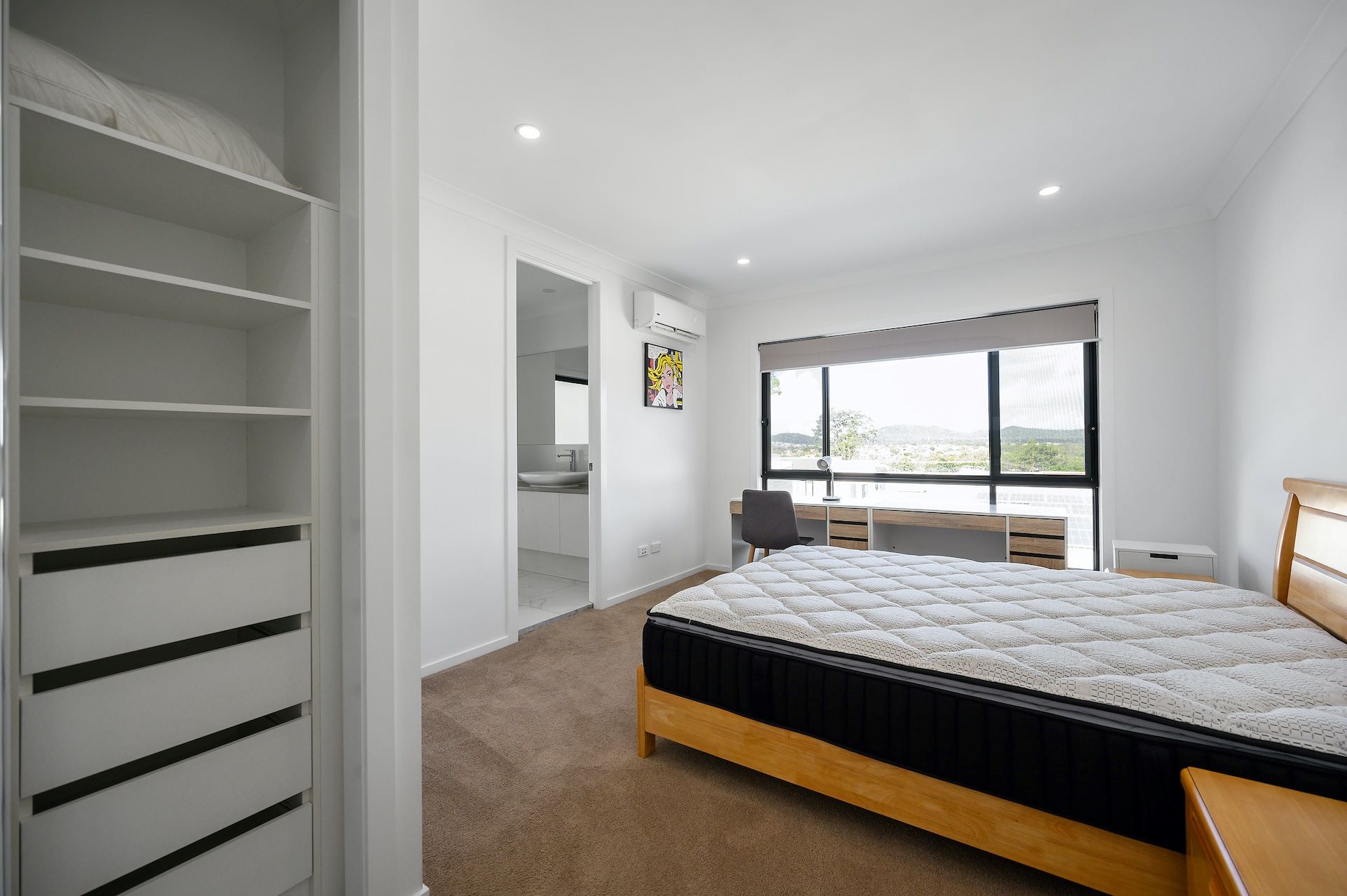


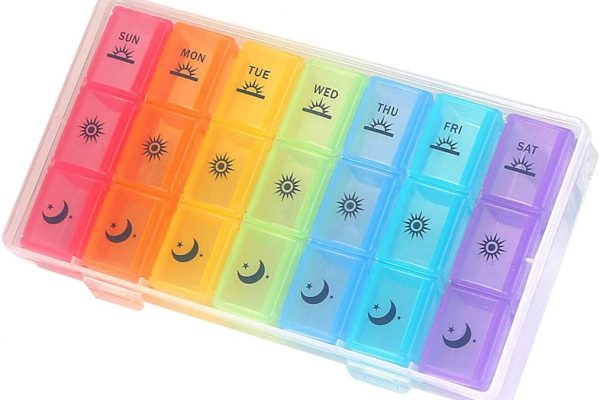
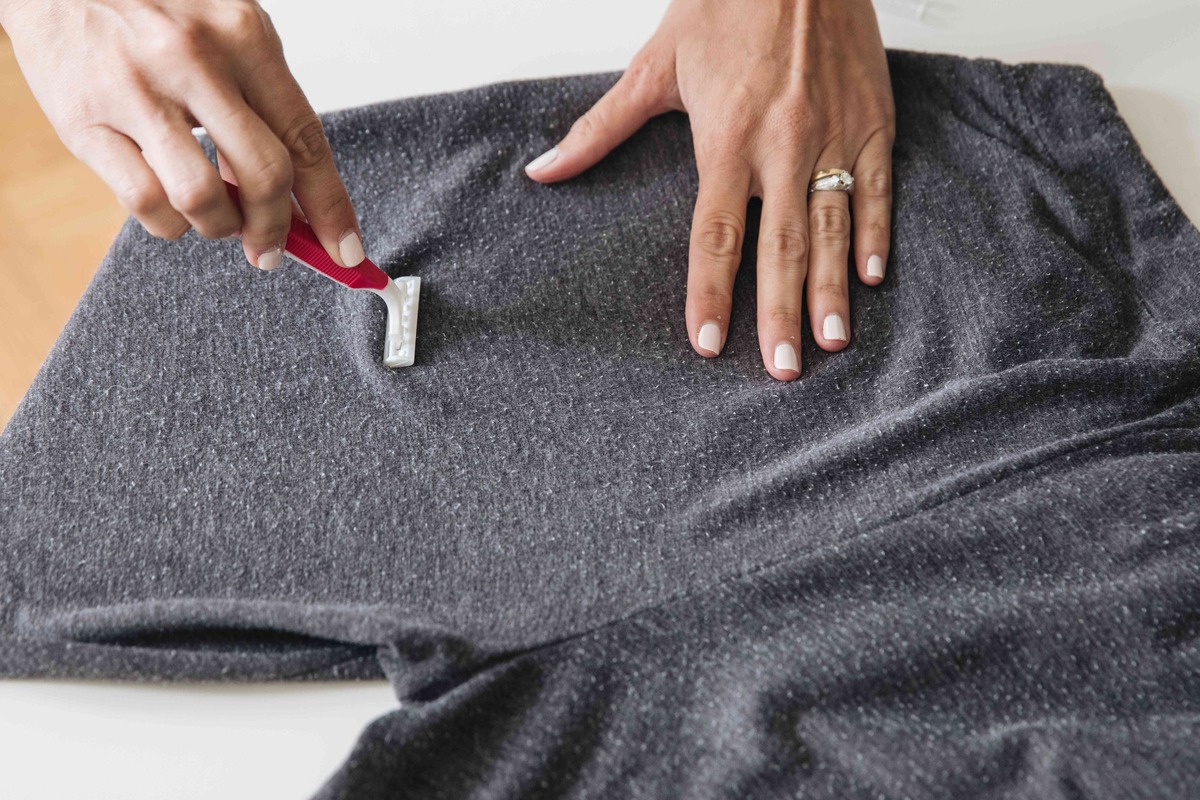

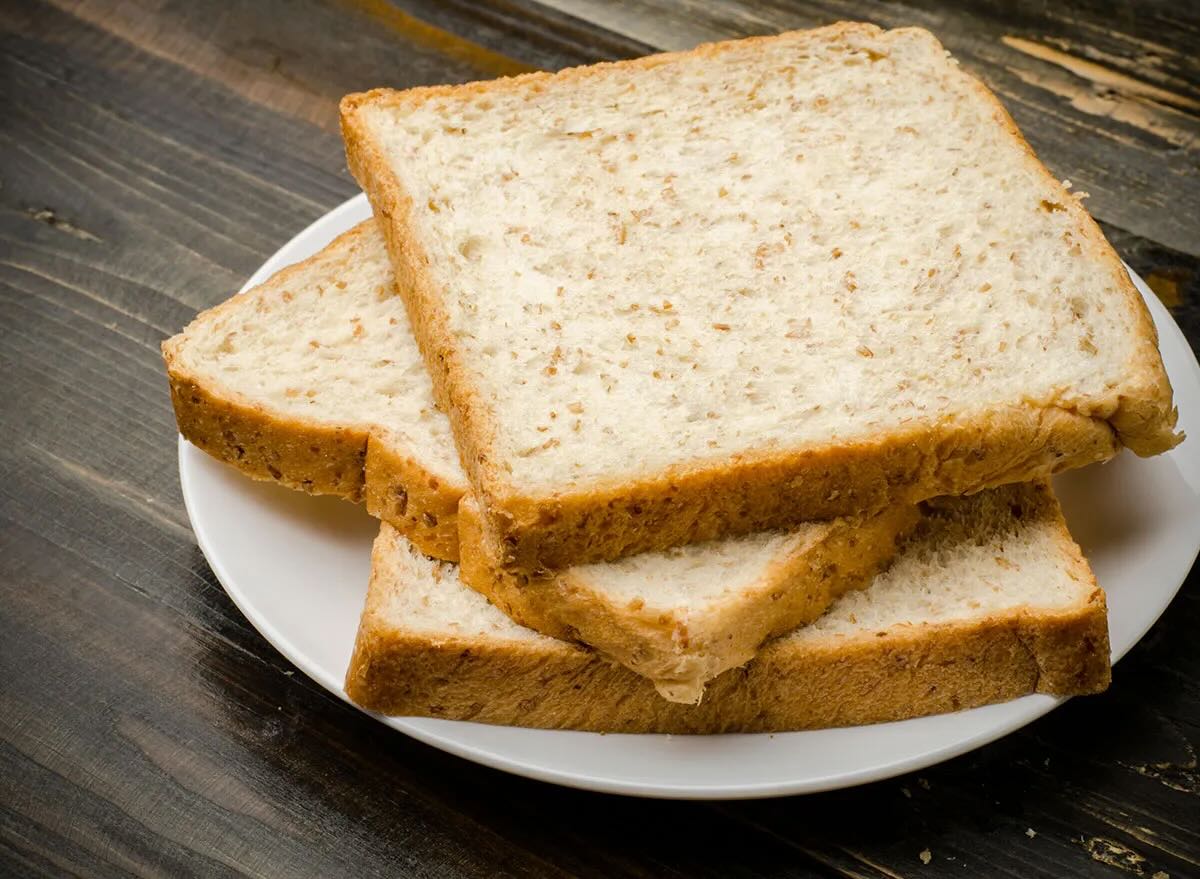

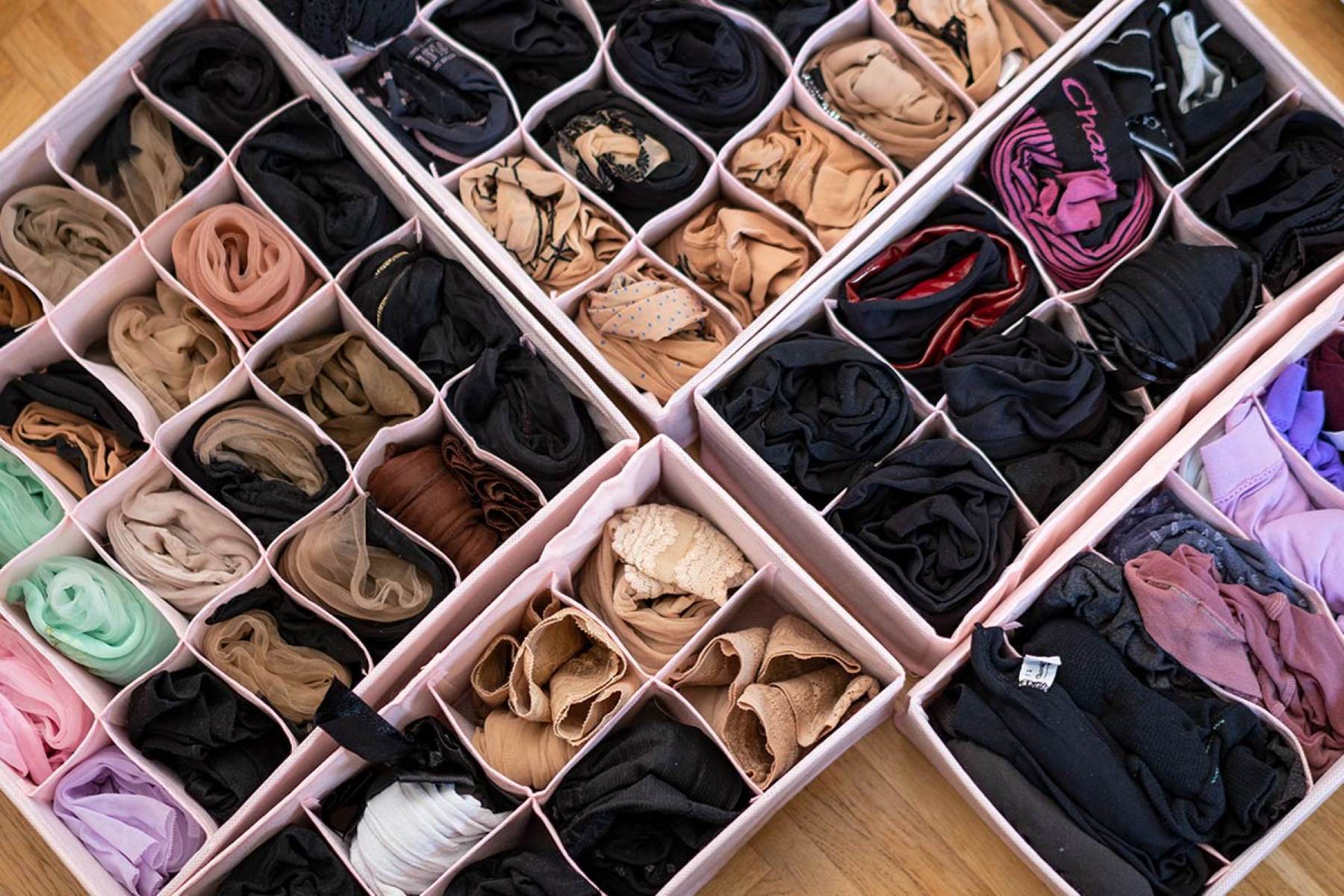
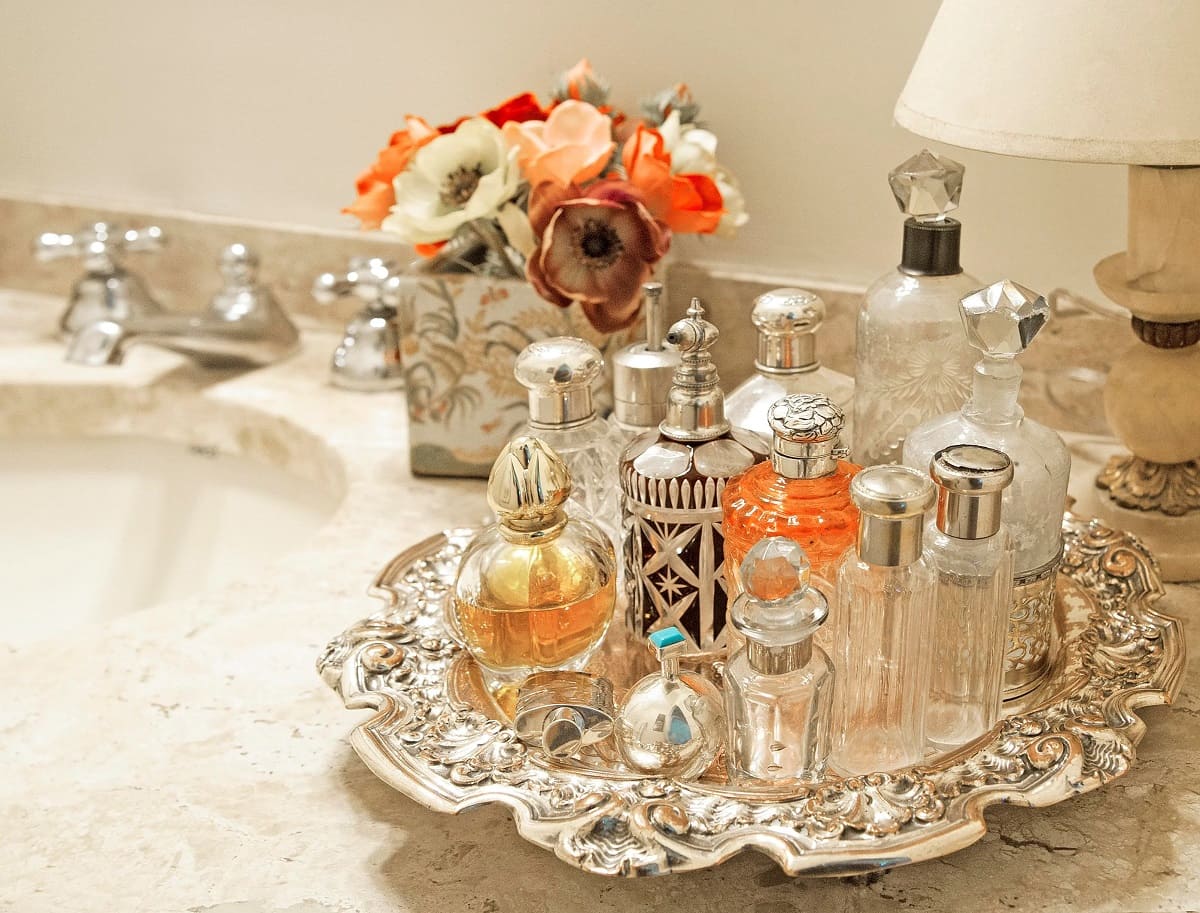
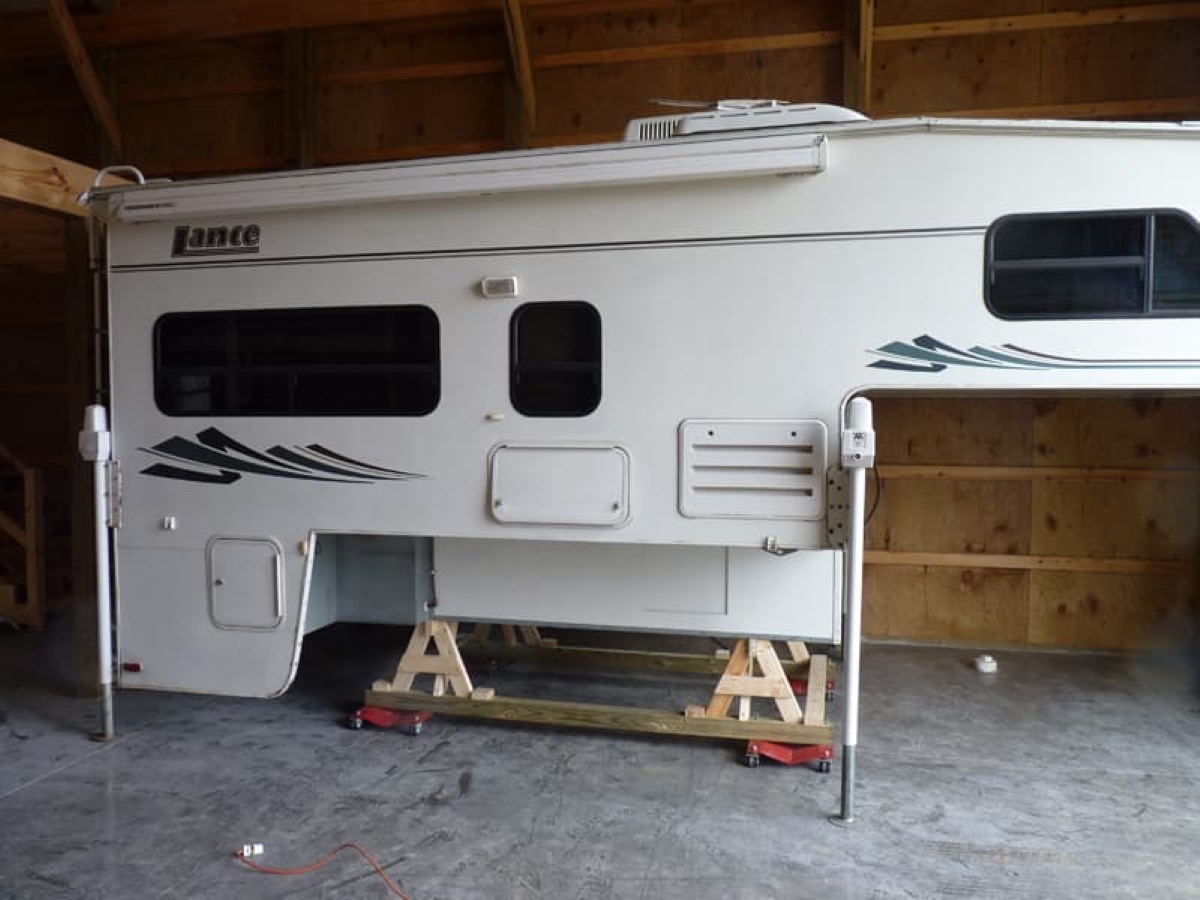

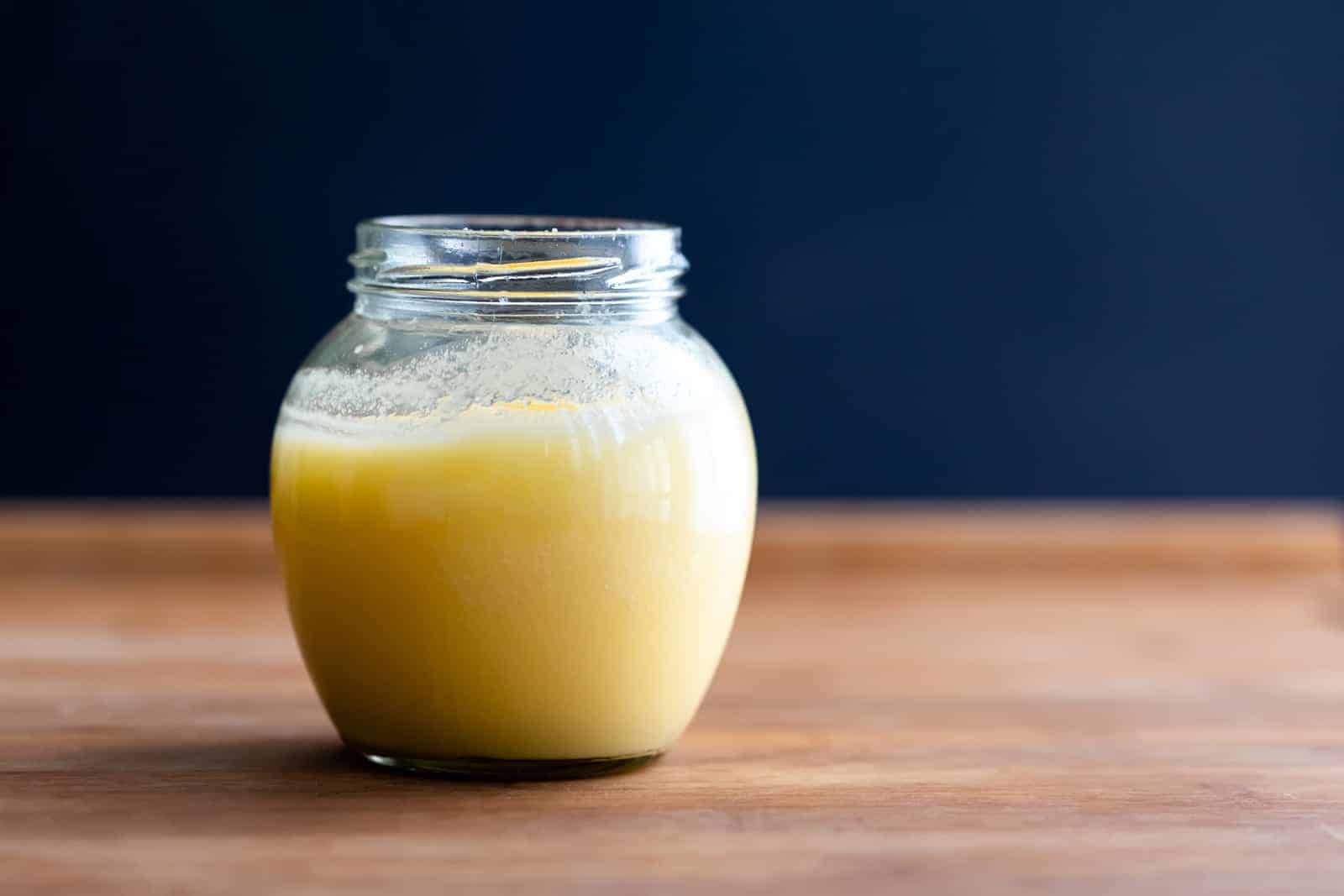

0 thoughts on “How To Store Pills”